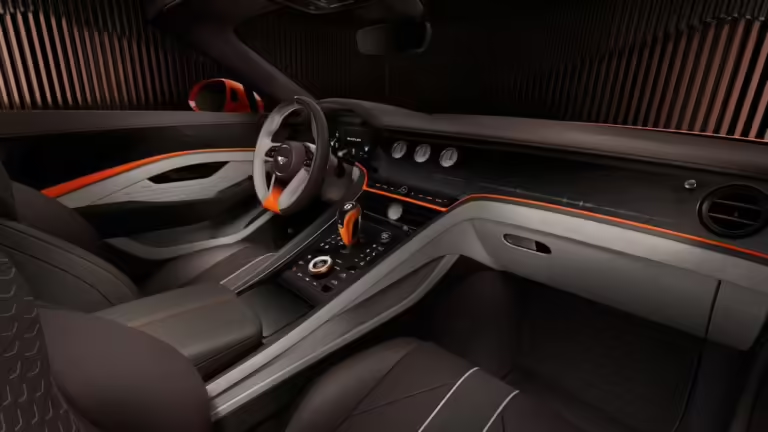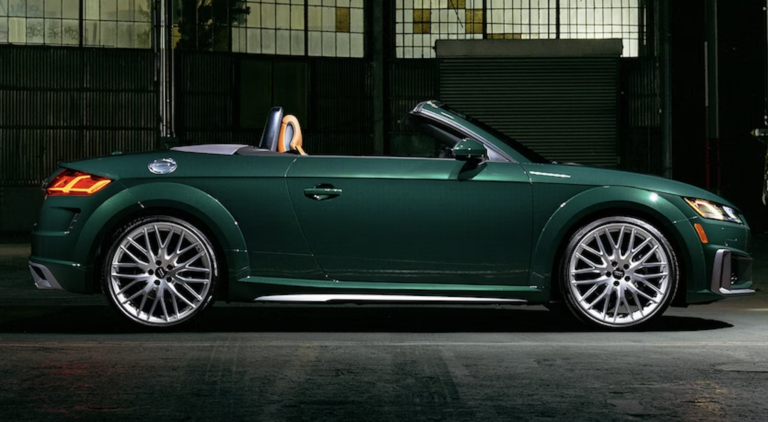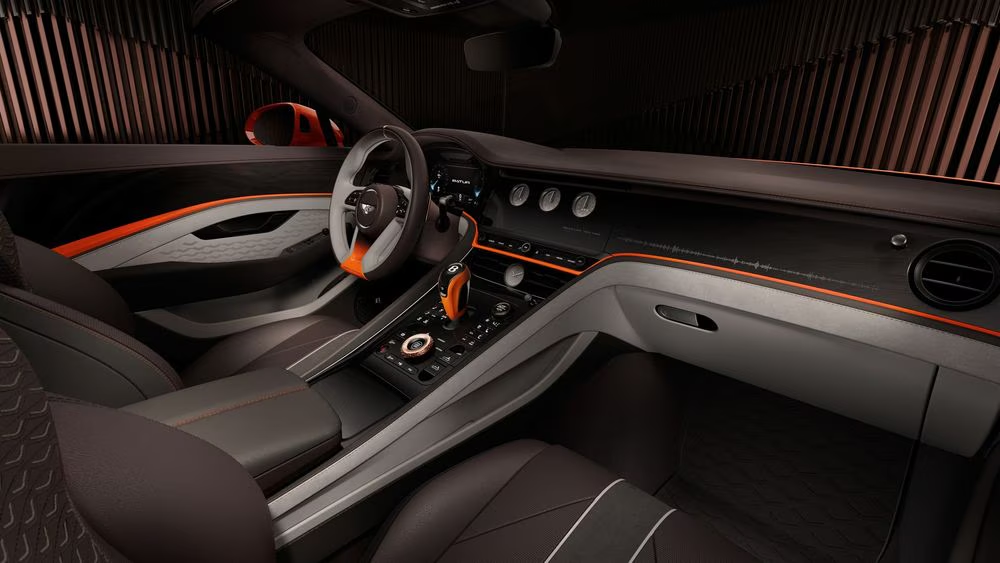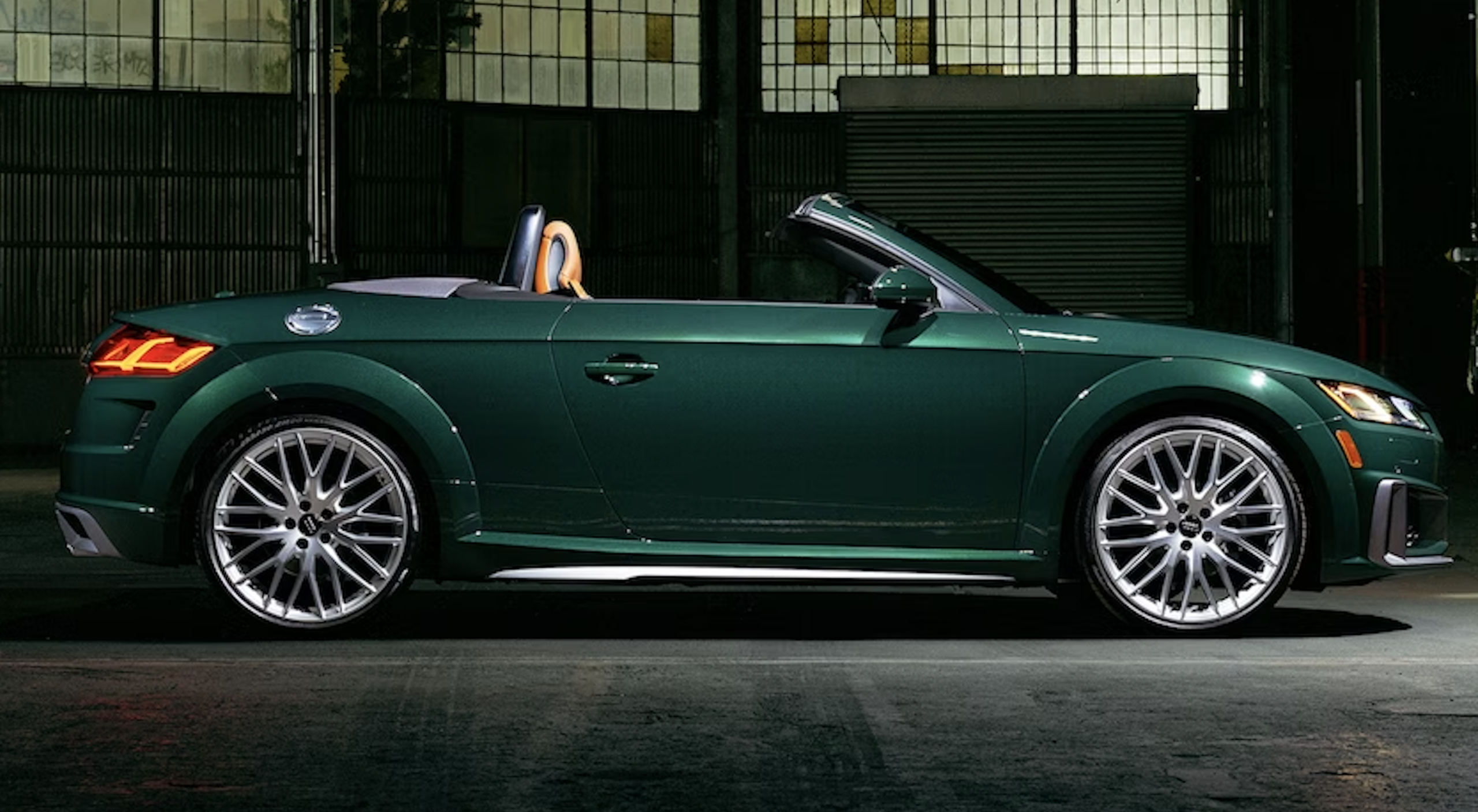SPAIN – SPEEDS, TOLLS, TRAFFIC REGULATIONS

Redakcja Cabrio Magazyn
January 22, 2020r.
Similar from this category
21 June, 2024
13 November, 2023
01 November, 2023
BMW Skytop Concept. Luxury Targa in limited edition
21 June, 2024
AUDI TT FINAL EDITION or the end of a design icon
13 November, 2023
DS MANAGER. HAPPINESS AND POSITIVE VIBES WITH PARTNERS
01 November, 2023
GENERAL INFORMATION
In order to reach Spain, we have to traverse all of western Europe. If you decide to travel to a country on the peninsula, it is a good idea to find out what regulations and restrictions apply on the roads in Spain.
Poles to enter Spain must have an ID card valid for 6 months or a passport valid for at least 3 months.
Necessary equipment:
- two warning triangles, in case of an emergency one is placed in the front and the other in the rear of the vehicle
- bulb set
- two rear-view mirrors
- spare wheel
- recommended first aid kit
- reflective vest
REGULATIONS AND PENALTIES
- Persons who are at least 18 years old are authorized to drive vehicles
- Travelers are required to pay fines on the spot, in case of refusal the police may immobilize the car until the dues are paid.
- towing by private cars is prohibited
- The use and possession of anti-radar devices is prohibited
- all passengers are required to wear seat belts
- A driver who wears therapeutic glasses should have a second pair in reserve while driving
- a car towing a trailer must have a special blue badge in the shape of a square with a triangle in the center placed on the front near the license plate
PERMISSIBLE BLOOD ALCOHOL CONTENT
MINIMUM FINE FOR DRUNK DRIVING
MAXIMUM AMOUNT OF DRUNK DRIVING FINE
PERMISSIBLE WIDTH OF VEHICLES
2,55 m
PERMISSIBLE HEIGHT OF VEHICLES
4 m
PERMISSIBLE LENGTH OF THE VEHICLE COMBINATION
18,75 m
ROAD TOLLS
Spain has a well-developed network of highways and expressways some 7,000 kilometers long. Highway travel on most sections is tolled. Charges are levied for travel on individual sections depending on their length and vehicle category. Rides can be paid for in cash or by card.
SPEED LIMITS
In built-up areas, the speed limit is 50 km/h. Other restrictions are outlined below.












